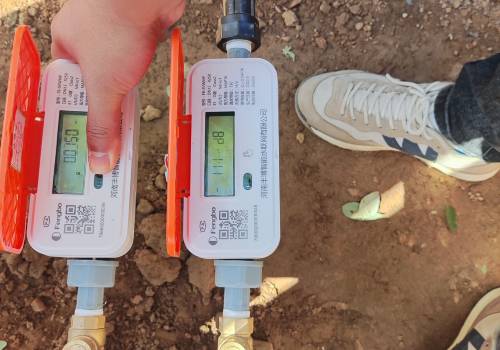
Municipal residential smart water meters, also known as advanced metering infrastructure (AMI), have emerged as an essential tool for municipalities to optimize water management and improve customer service. These devices offer a wide range of benefits that enhance water conservation, reduce water loss, and improve billing accuracy.
Municipal smart water meters typically consist of the following components:
* Meter: The water meter measures water flow accurately and transmits data wirelessly.
* Transmitter: The transmitter sends data from the meter to a central collector via a secure wireless network.
* Collector: The collector receives data from multiple meters in a specific area and forwards it to the central system.
* Central System: The central system collects, processes, and stores water usage data for analysis and billing.
The deployment and implementation of municipal residential smart water meters involve the following steps:
* Planning and Procurement: Municipalities assess their water management needs, select a vendor, and procure smart water meter systems.
* Installation: Meter installers replace existing water meters with smart meters and connect them to the wireless network.
* System Integration: The smart meter system is integrated with the municipality's billing and water management software.
* Customer Education: Customers are informed about the benefits of smart meters and how to access their water usage data.
* Data Analysis and Reporting: Municipalities analyze water usage data to identify trends, detect water loss, and develop conservation strategies.
Municipal residential smart water meters are a valuable tool that transforms water management practices. By providing accurate data, facilitating water conservation, reducing water loss, and improving customer service, these devices enable municipalities to optimize their water resources and enhance the overall water management experience.